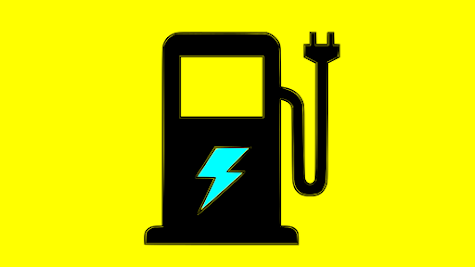- GeneralM&A
- January 26, 2021
- 4 minutes read
Shell Buys UK EV Charging Network Ubitricity
The British-Dutch oil giant Shell has announced that it’s reached a definitive agreement to buy Ubitricity, the largest public electric vehicle…
The British-Dutch oil giant Shell has announced that it’s reached a definitive agreement to buy Ubitricity, the largest public electric vehicle charging network in the UK with over 2,700 charge points. The company is paying an undisclosed price to buy Ubitricity in its entirety.
As it seems, even oil giants like Shell have seen the writing on the wall that renewable energy leads the future. The company, famous for pumping nearly 4 million barrels of oil each day, has moved to buy a major electric vehicle charging network to strengthen its position in the renewables market.
Shell already operates a large network of petrol filling stations for automobiles in the UK and abroad. With the rise of electric vehicles, it’s apparent that the need for public charging stations will continue to rise to fill in the gap for petrol filling stations. Shell has apparently adjusted its strategy towards that and now moved to acquie a major electric vehicle charging network in Europe.
Ubitricity is known to be the largest electric vehicle charging network in the UK and one of the biggest in entire Europe. The company has thousands of charge points spread across the UK, Germany, and France.
As Shell makes money from operating petrol filling stations, the company has also moved early to corner the market for public electric car charging stations. Currently, there are over 1,000 dedicated fast charging points for electric cars at roughly 430 Shell retail sites globally. There’s also a third party network of Shell-affiliated brands and third party partners providing access to over 185,000 EV charging points across Shell retail sites.
The price that Shell will pay for Ubitricity isn’t disclosed. As to details, Ubitricity is a venture-backed company that’s raised €21.8 million ($26.5 million) in outside funding. Its investors include the likes of Next47, Siemens, and the Japanese automaker Honda.







